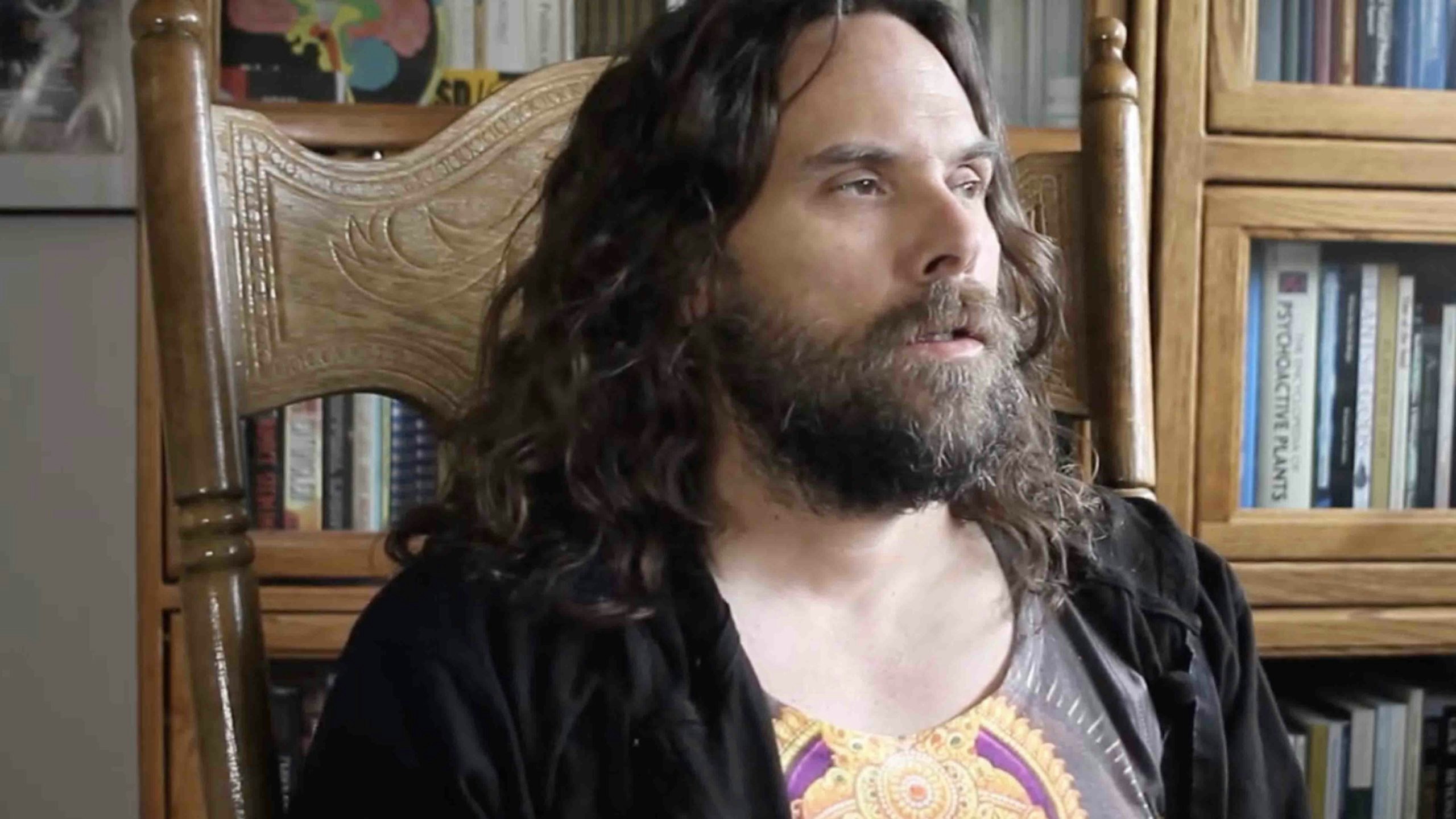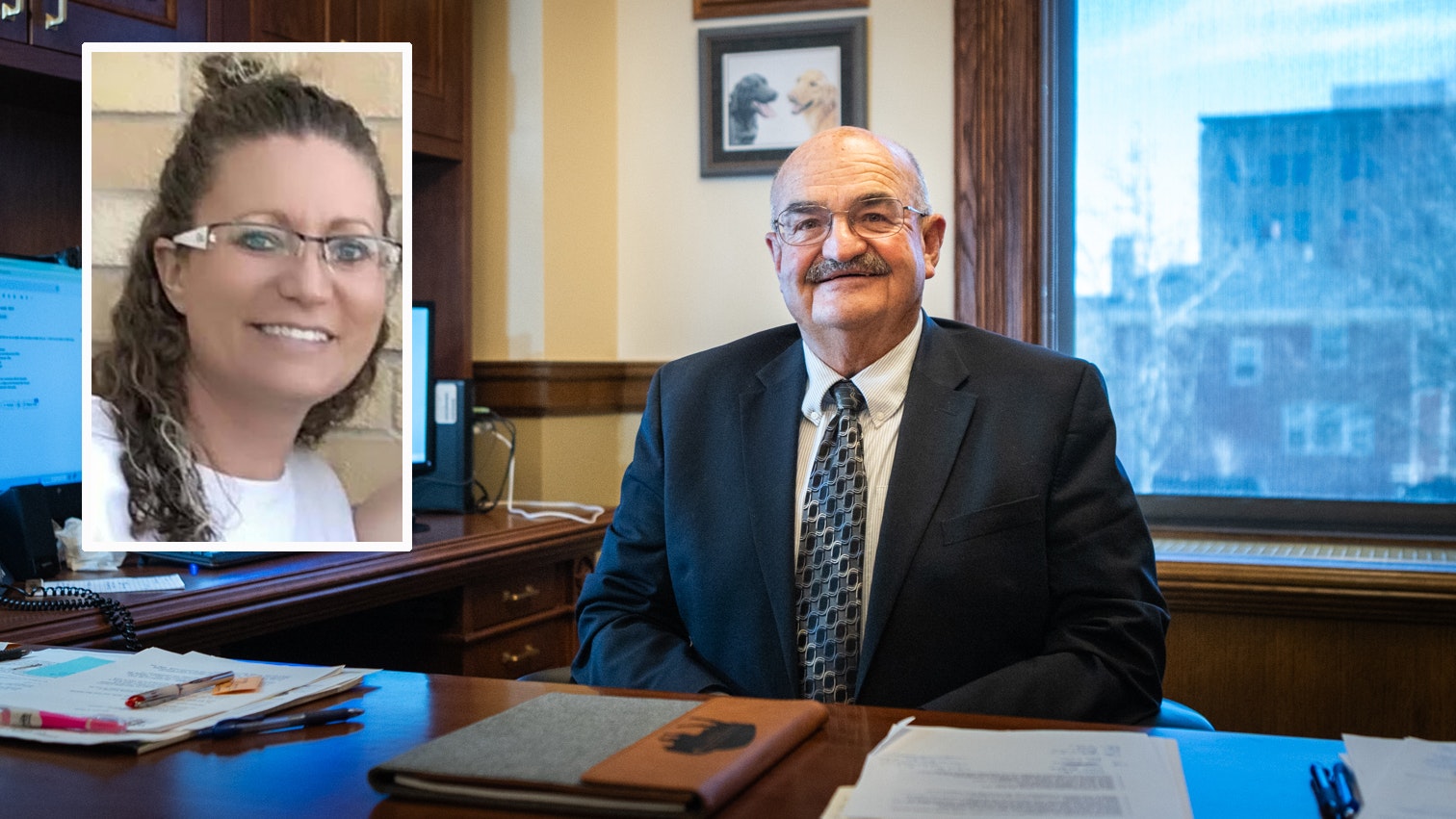The Wyoming law prohibiting the distribution of marijuana is constitutional, even though it does not address tobacco or alcohol, Wyoming’s Supreme Court ruled Wednesday.
The court unanimously upheld the conviction of Casey Hardison, rejecting his argument that because the Wyoming Controlled Substances Act does not address tobacco or alcohol sales, it is a violation of the equal protection clauses of both the Wyoming and U.S. constitutions.
“The Wyoming Controlled Substances Act is rationally related to its objectives, and its failure to include ‘distilled spirits, wine, malt beverages or tobacco’ does not deny Mr. Hardison equal protection of the law under the United States Constitution,” said the opinion, written by Justice Kari Gray.
According to the ruling, Hardison, who has announced he will run for Wyoming’s lone U.S. House seat, was charged with three counts of delivery of a controlled substance after selling marijuana three times to a confidential informant in Teton County in 2017 and 2018.
Hardison pleaded “no contest” to two counts of marijuana delivery and was sentenced to one year in the Teton County Jail, followed by three years of probation.
Hardison appealed his conviction, arguing that alcohol and tobacco are identical in their effects on the human body to the substances listed in the Wyoming Controlled Substances Act, including marijuana.
However, the sellers of alcohol and tobacco are treated differently under the law from the sellers of marijuana, Hardison argued, which violates constitutional guarantees that people who take part in the same activity will be treated the same way under the law.
Justices, in tracing the history of the state’s Controlled Substances Act, noted that it never referred to alcohol or tobacco and pointed out a later law prohibited those items from ever being added to the act’s list of controlled substances.
Justices also ruled that Hardison failed to prove that sellers of marijuana and sellers of alcohol and tobacco are taking part in similar activities.
The court also rejected Hardison’s argument that prohibiting the consumption of a controlled substance infringes on a person’s right to freedom of thought.
“(Every) individual has the right to control, alter and effect one’s thoughts, emotions and sensations in a comprehensive sense,” he wrote in his appeal.
But justices noted that Hardison was charged with possession of marijuana with intent to deliver, not simple possession or the use of marijuana.
“His argument that he has a fundamental right to distribute marijuana has been soundly rejected by every court to consider it,” the opinion said.





